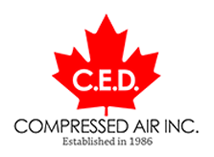CED Compressed Air Blog
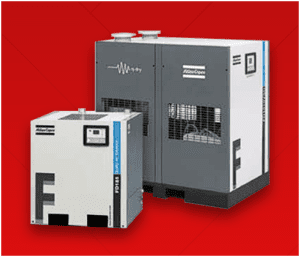
Replacing Desiccant in Air Dryers: Essential Guide for Industrial Air Dryer Maintenance in Ontario
Desiccant air dryers remove moisture from compressed air by adsorbing water vapor onto porous media, producing a low pressure dew point that protects downstream equipment and product quality. Understanding when and why to replace desiccant is essential because saturated or contaminated desiccant degrades dew point performance, increases corrosion risk and

Why Energy Audits Matter for Reducing Compressor Expenses
An energy audit for compressed-air systems is a targeted inspection that finds waste, quantifies usage, and recommends measures to reduce operating costs and improve reliability. By mapping energy flows and measuring baseline kW and flow, an audit reveals where leaks, excess pressure, or control inefficiencies drive up compressor energy consumption.
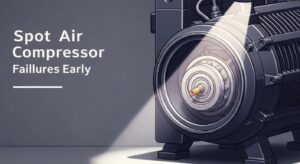
7 Warning Signs Your Air Compressor Is Failing and How to Spot Them Early
Air compressors power tools, control systems, and manufacturing processes by converting electrical or fuel energy into compressed air; when they begin to fail, productivity drops and operating costs rise. This guide explains seven clear warning signs that indicate an air compressor is failing, why each symptom occurs, and what immediate checks or
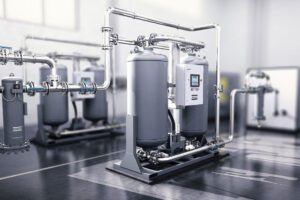
Choosing the Best Soundproofing Materials for Compressor Rooms
Industrial air compressors are notorious for their high decibel output, posing significant risks to worker well-being, operational efficiency, and adherence to regulatory standards. This comprehensive guide delves into the primary noise generators within compressor rooms, showcases leading soundproofing materials, explores effective enclosure design strategies, and outlines the selection and upkeep
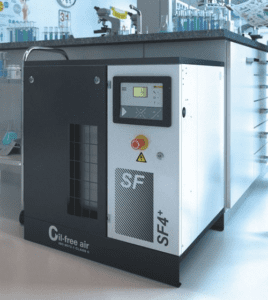
How Energy Efficient Industrial Air Compressors Save Money
Imagine slashing your facility’s energy expenses by up to half, simply by upgrading your compressed air system. Energy-efficient industrial air compressors deliver immediate cost reductions, bolster operational reliability, and ensure environmental compliance. This guide will walk you through the core advantages of optimized compressors, how variable speed drive technology drives
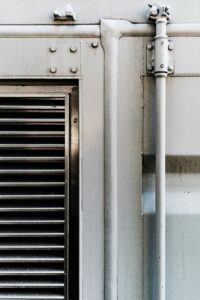
Why Regular Air Compressor Services Benefit Your Business
Maximize your productivity with regular air compressor services. Reduce downtime and extend equipment life with expert maintenance tailored for your needs.
